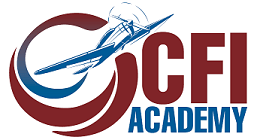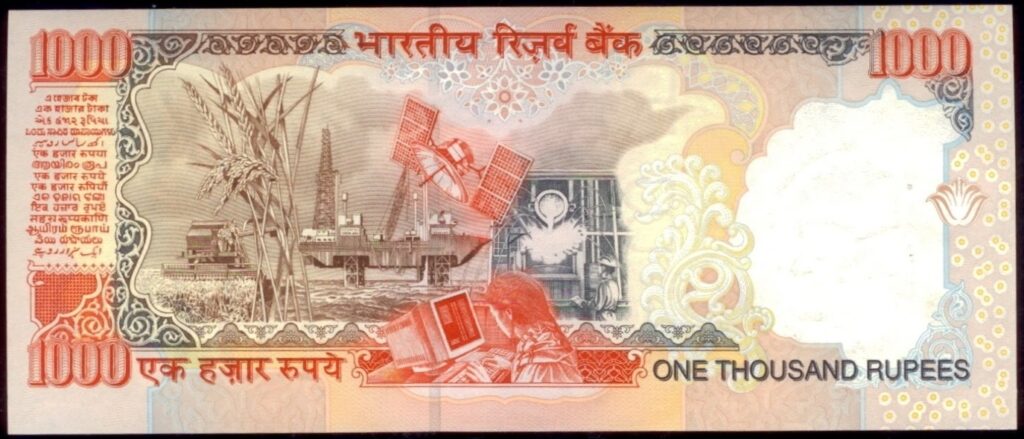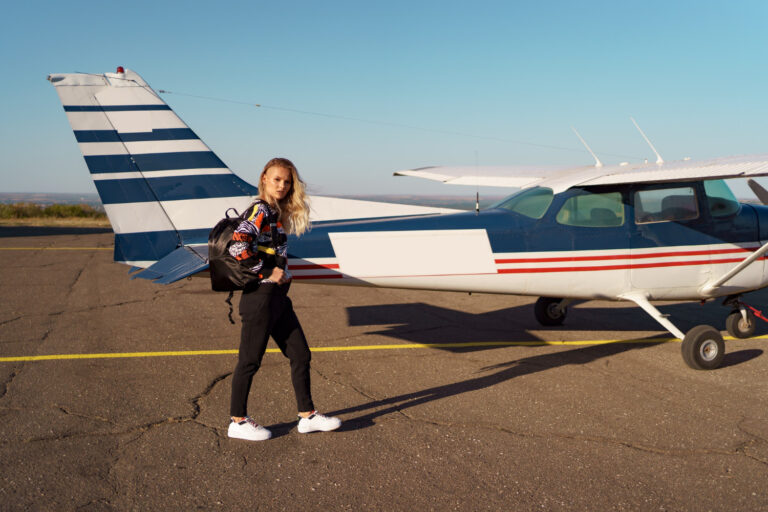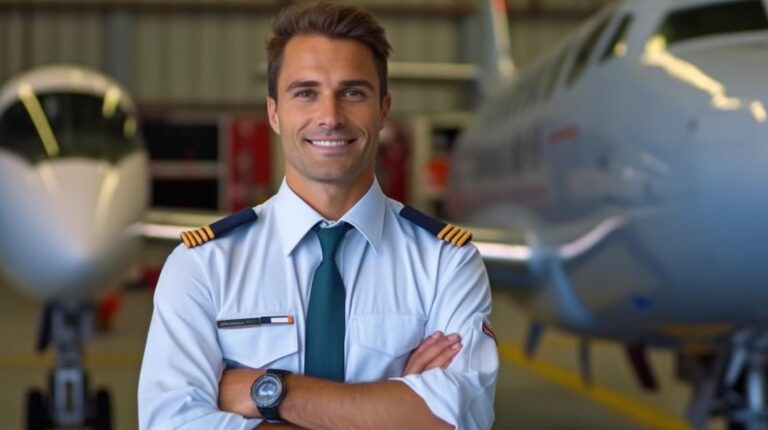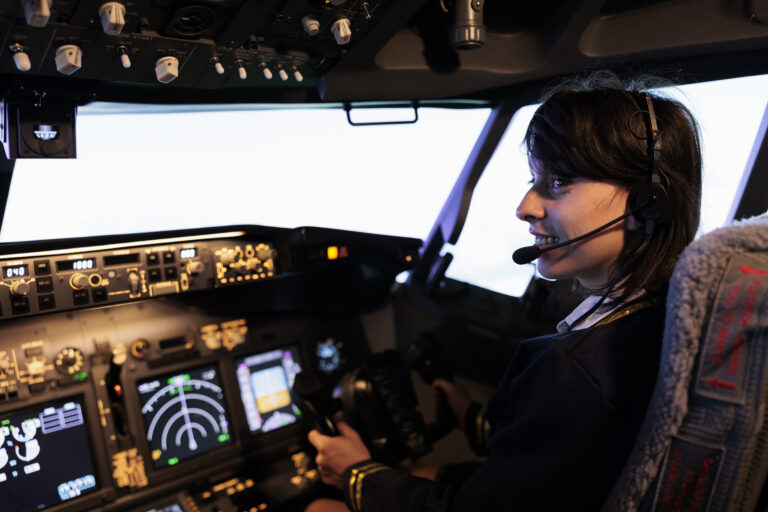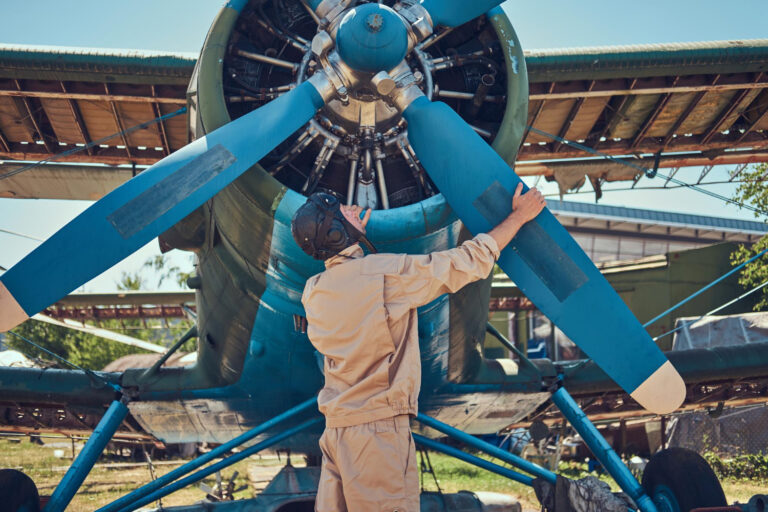I don’t know for sure how much, but I am sure we can all agree that it is pretty steep. It surely is well over 70% nationally.
This should beg the question, why is it so high? Over the past couple decades of teaching, hiring and mentoring new Flight Instructors, I’ve been trying to figure this out. If I can say so myself, I think my 1st time pass ratio (lifetime) is better than the reciprocal of the ratio above.
I did put together a list of “Top 10 Ways to Fail a CFI Checkride” some 10 years ago. And then recently, added the “Top-most Reason for Failing the CFI Checkride“.
Outside of these 11 reasons; I think there is even a bigger culprit that brings the national pass rate down to it’s knees. If you have not read the above 2 posts yet, I suggest you do that before going further with this post.
Let me explain.
My mom is a retired elementary school teacher. She would teach 1st graders whatever they were expected to know per the school curricula each year.
This was in India; and in those countries the kids are pushed into cut-throat academic competition from the get go.
Good paying jobs were limited, and the prospective future employees were many times over.So many of the parents who could afford to, would hire her for private tutoring. So the 1st graders could have an edge over their classmates from the very beginning.
Year after year, I would see her teach these kids, from all walks of life, hailing from all over India. All of the states in India are in fact ethnically and culturally unique. Just like most ethnic countries are. And most flight training students are as well.
India has 22 National Languages, and English is the only common language between all these states. Here is a picture of a currency note of India, and as you can see, the note value is printed in at least 17 different languages.
My point here is that it is not possible for one teaching method to work for 45 kids from a diverse background in one classroom. Some get it, many don’t. This explains the need for private tutoring.
I would see her “deploy” various different methods to teach “different” kids. At the end of the school year, they would all be “there”, but, they surely did not walk the same path to get “there”.
If you can not explain it simply; you do not understand it well enough.
She was able to do this “magic” act for them, because she was aware, and she had the absolute mastery of the subject matters. And above all, she loved to teach.
The look on the kids’ faces when they would actually “get it” was truly amazing. Even I noticed!
She had the knack for transferring knowledge from her to them, one way or another!
When we compare the commercial and the CFI test standards, we clearly see that besides one or 2 extra maneuvers (like spins), most the Areas of Operations are the same, and the listed Tasks are the same. Even in-flight completion standards of performance are the same. So what’s the difference?
A Flight Instructor is a practical psychologist.
The only difference is – one word, “satisfactory” knowledge, vs “instructional” knowledge. That’s it – just one word.
Most CFI applicants around the country prepare for the CFI checkride in the same manner like they did for all their previous checkrides. And unfortunately, many Instructors are teaching CFI applicants using the same methodology. Teaching a pilot applicant and teaching a Flight Instructor applicant is not the same thing.
